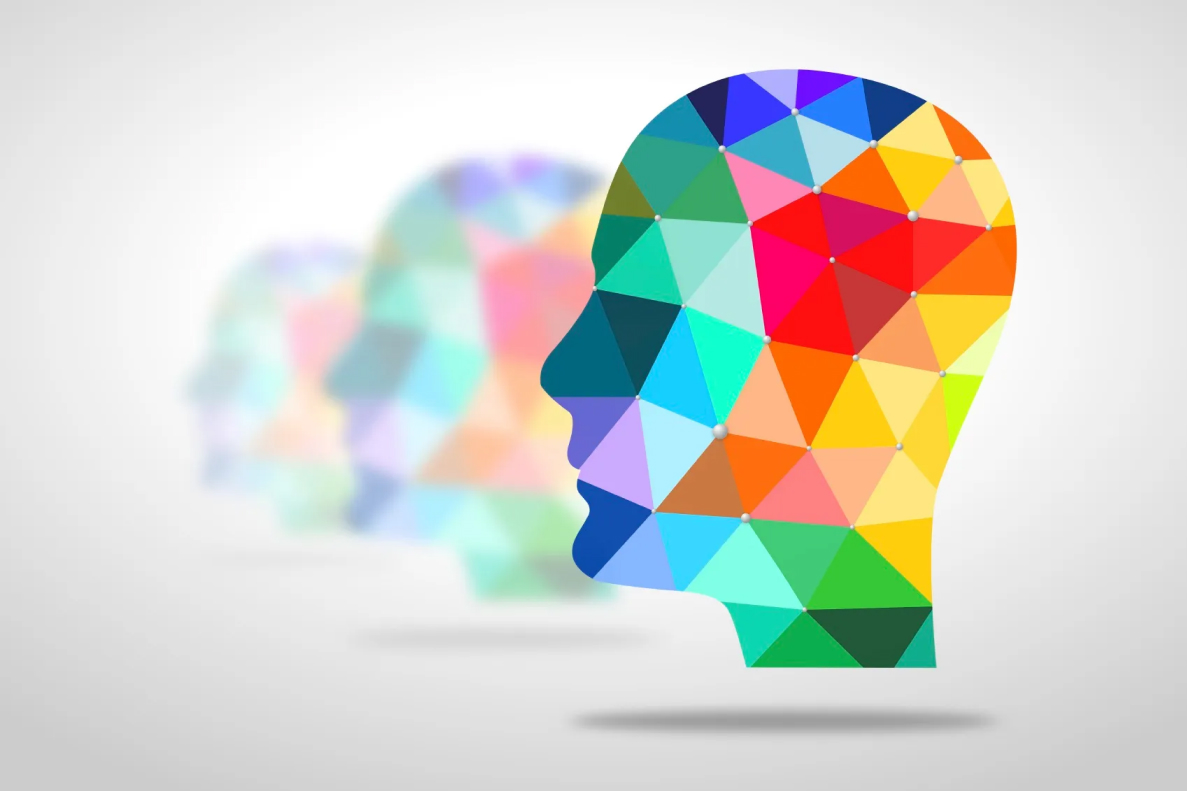Intersection of LGBTQ and ADHD: Neuroqueer Perspectives on Ableism and Homophobia

The term "Neuroqueer" is relatively new and is used to refer to individuals who identify as both neurodivergent and queer. This term acknowledges that these two identities coexist within the same individual. Both identities face marginalization in our society, and those who identify as both neurodivergent and queer can find themselves faced with compounded challenges. The shared experiences of our neuroqueer readers will be presented here.
Queer individuals are often placed under phenomenal pressure by society to conform to the norm. The disregard they experience is usually pinned on sexuality or gender identity, discouraging them from exploring the possibility that their unique experiences could also be linked to neurodiversity. Consider also that members of the LGBTQ+ community often lack access to sufficient health care, social support, and economic privilege; this creates a barrier to obtaining a diagnosis, ADHD medication, or necessary support and accommodations, despite suspected ADHD diagnosis. — Shared by an ADDitude Reader
The inundation of negative reactions, news, and queerphobia can make it incredibly difficult to keep in mind the positive validations and histories, let alone the positive interactions one experiences within the LGBTQ+ community. Furthermore, rejection sensitivity dysphoria only complicates matters with paranoia about potential rejection because of one's orientation or unintentional triggers.— Shared by an ADDitude Reader
As a bisexual woman with ADHD, I often have to navigate the same stereotypes, such as being called 'flighty' or 'afraid of commitment.' I firmly believe that education is the perfect remedy to dispel these harsh stereotypes. I would love to see more consideration given within the LGBT community for those of us facing sensory processing and integration issues. - Shared by an ADDitude Reader
My 15-year-old child identified as LGBTQ and then as gender diverse from the age of 12. They also received ADHD and autism diagnoses within the past 12 months. Being LGBTQ and neurodivergent often results in misunderstanding from their peers. Despite this, my child continues to be an extraordinary human celebrating their unique attributes. - Shared by an ADDitude Reader
As a person who was assigned female at birth but identifies as a boy now, I experienced over 25 years of ADHD symptoms common in boys. However, due to my female assignment at birth, people saw me as a tomboy or a rebel, and my struggles trying to keep up with everybody else were overlooked. It was only when I started grad school and found it hard to balance school, a part-time job, and self-care that I got diagnosed. - Shared by an ADDitude Reader
As a transgender man with ADHD, societal gender norms can be particularly damaging. Gender roles and expectations act as social constructs that filter out trans people, isolating us for just being who we are, and my ADHD sometimes results in me not having a filter for these constructs. I’m glad I lack that filter! - Daniel, Michigan
RELATED ARTICLES
× close




